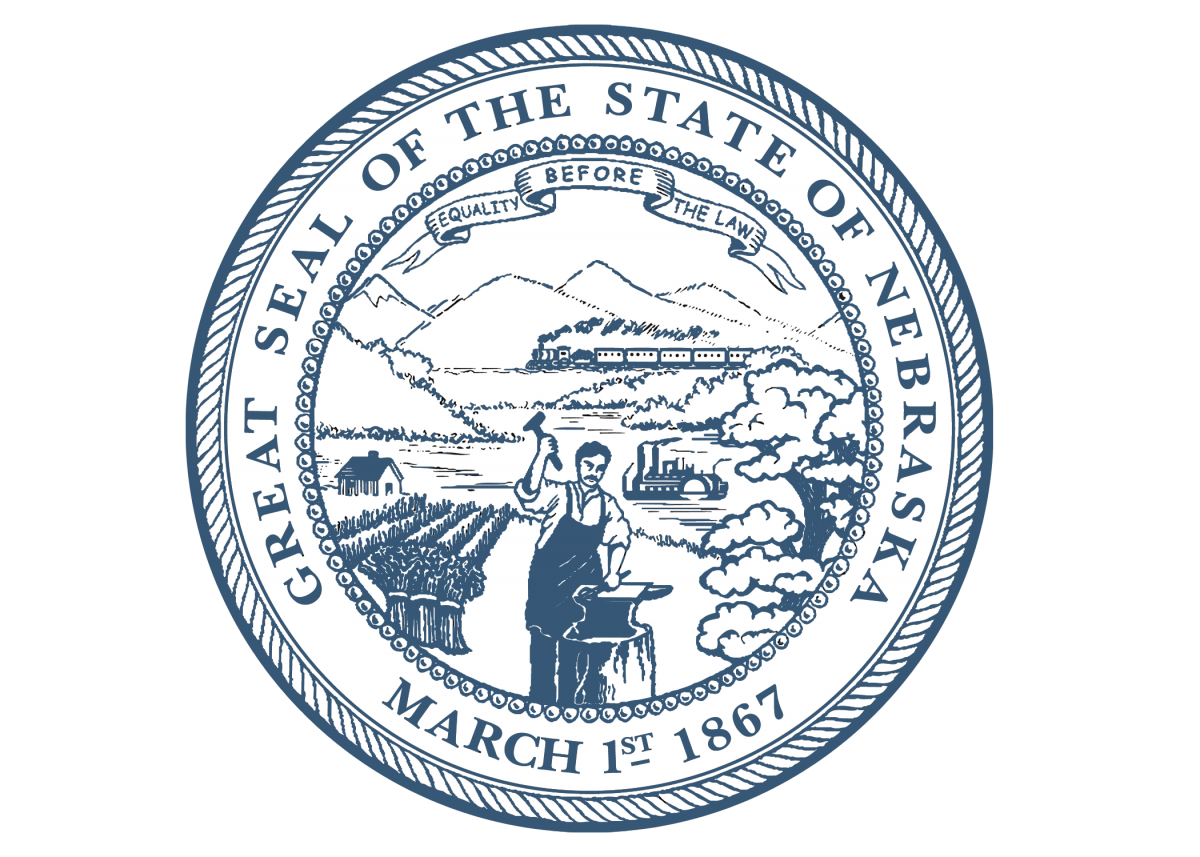Attorney General Peterson Warns Proceed With Caution When Garnishing Stimulus Payments
Nebraska Attorney General Doug Peterson today alerted creditors, debt collectors, and financial institutions that Nebraska law may exempt CARES Act stimulus checks from attachment, garnishment or execution for certain low-income consumers.
The Coronavirus Aid, Relief, and Economic Security (CARES) Act was signed into law on March 27 and provides emergency assistance for individuals, families, and businesses affected by the COVID-19 pandemic. Under the Act, eligible individuals and families can receive cash assistance including a one-time cash payment of up to $1,200 for each individual or $2,400 for eligible individuals filing a joint tax return, plus an additional $500 for each dependent child.
Nebraska law exempts certain income and property from execution and attachment by creditors and debt collectors. The purpose of these exemptions is to ensure individuals have enough income and property to provide for basic necessities like housing, food, and utilities.
According to the Attorney General, any attempt or threat by a creditor or a debt collector to garnish or attach funds provided through the CARES Act, if that property would have otherwise been exempt under Nebraska law, will be considered an unfair trade practice in violation of Nebraska’s Consumer Protection Act, Neb. Rev. Stat. § 59-1602.
Earlier this week, one of the largest debt collection industry groups, Receivables Management Association International, advised its members to “avoid seeking [CARES Act] funds as a potential source of payment on outstanding consumer obligations.”
However, the CARES Act does allow for stimulus checks to be garnished in cases where people are behind on child-support payments.
Attorney General Peterson reminds Nebraskans that he and his staff are diligently monitoring and investigating consumer complaints related to COVID-19. Consumers are encouraged to visit www.protectthegoodlife.nebraska.gov for additional tips for protecting themselves during the COVID-19 crisis.
Consumers should file a complaint through the Attorney General’s website or send an email to ago.consumer@nebraska.gov if they experience aggressive debt collection during this crisis.


